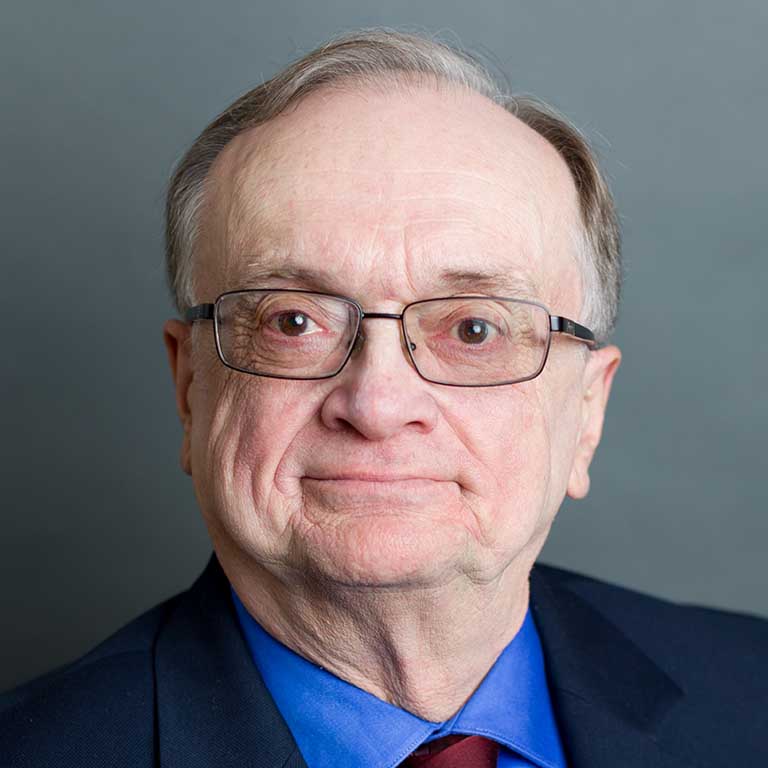- Ph.D., University of Minnesota, 1985
- B.S., Ohio State University, 1980

Michael D. McGinnis
Professor Emeritus, Political Science

Professor Emeritus, Political Science
Michael D. McGinnis came to Bloomington in 1985 as a freshly-minted Ph.D. in Political Science from the University of Minnesota, after completing a B.S. in Mathematics from The Ohio State University in 1980. He served as a faculty member of the IUB Department of Political Science throughout his professional career. He also served as departmental chair (2015-16), and as Director of Graduate Studies on three separate occasions between 1990 and 2010. From 2016-2019, Mike served as Associate Dean for Social & Historical Sciences and Graduate Education in the College of Arts and Sciences. He retired as of June 30, 2019, but remains active in research projects (and on various golf courses).
In 2013 he was designated a Senior Research Fellow in the Ostrom Workshop (then known as the Vincent and Elinor Ostrom Workshop in Political Theory and Policy Analysis), an interdisciplinary research and teaching center focused on the study of institutions, resource management, and democratic governance. He served as its Co-Director in 2009-10 and as Director in 2010-12, a hectic but exciting period that began with the awarding of the 2009 Nobel Memorial Prize in Economic Sciences to Elinor (Lin) Ostrom.
His research has always been inter-disciplinary – in his dissertation he used the mathematical tools of game theory to compare three cases of security rivalries between regional powers during the Cold War. He taught courses and published on topics in international conflict, nuclear arms control, intelligence and security policy, humanitarian aid, the role of religion in domestic and international politics and policy implementation, U.S. health policy, institutional analysis, research design, and research methods. He is co-author, with John T. Williams, of Compound Dilemmas: Democracy, Collective Action, and Superpower Rivalry (University of Michigan Press, 2001) and editor or co-editor of seven volumes of readings on governance issues written by scholars associated with the Ostrom Workshop.
His current research focuses on further development and evaluation of the Ostroms’ concept of polycentric governance, under which a diverse array of communities and public and private authorities with overlapping domains of responsibility interact in seemingly uncoordinated processes of mutual adjustment that may, under the right set of circumstances, support the emergence of a persistent system of social ordering that can help sustain capacities for individual liberty, group autonomy, and community-based self-governance. He has a particular interest in applying principles of institutional analysis and polycentric governance to U.S. health policy, a case where structural conditions consistent with the polycentric model have not yet generated the positive benefits supposedly associated with that form of governance.
During his career, Mike held affiliate appointments in the Department of International Studies in the Hamilton-Lugar School of Global and International Affairs (IUB), the Governance and Management Faculty Group in the O’Neill School of Public and Environmental Affairs (IUB), and in the Lilly Family School of Philanthropy (IU Indianapolis). He has also been a visiting scholar or research fellow at the Kroc Institute for International Peace Studies at Notre Dame, the Dartmouth Center for Health Care Delivery Science, the Division of Resource Economics at Humboldt University in Berlin, and is a frequent visitor to the Mercatus Center at George Mason University.